In this book, Nasr Hamid Abu Zayd presents an extensive study of Ibn Arabi’s vision of the Qur’anic text and its interpretation, addressing the existential and cognitive aspects of his philosophy through three axes: The first axis represents Ibn Arabi’s existential conception, which is based on the duality of the apparent and the hidden; a tangible, sensory appearance, and a deep, spiritual interior. The second axis is concerned with Ibn Arabi’s conception of the relationship between man and existence, and man’s unique ability to penetrate the depths of inner existence. The third axis is related to Ibn Arabi’s understanding of the nature of the Qur’anic text and its relationship to existence; as he sees the Qur’an as existence manifested through language; an existence with an apparent and an inner, and a language with levels and ranks that are similar to the levels and ranks of existence.
save
د.ا1.42Philosophy of Interpretation; A Study of the Interpretation of the Qur’an by Muhyiddin Ibn Arabi
د.ا7.10د.ا8.52
One of Nasr Hamid Abu Zaid’s most prominent books in the series of intellectual and critical studies
You may also like…
-
Thus spoke Ibn Arabi
د.ا7.10One of the most prominent books by Nasr Hamid Abu Zayd in the series of intellectual and critical studies on the interpretation and thought of Ibn Arabi and Sufi interpretation
د.ا8.52 -
Imam Al-Shafi’i and the Establishment of the Moderate Ideology
د.ا4.97The book discusses the role of Imam Al-Shafi’i in developing moderate thought in Islam
د.ا6.39 -
The Concept of Text – A Study in the Sciences of the Qur’an
د.ا7.10One of Nasr Hamid Abu Zaid’s most prominent books in the series of intellectual and critical studies on the interpretation of texts and the sciences of the Qur’an
د.ا8.52 -
Circles of Fear
د.ا5.68It discusses the impact of fear of change on Arab and Islamic thought and how this fear hinders intellectual and scientific progress.
د.ا7.10
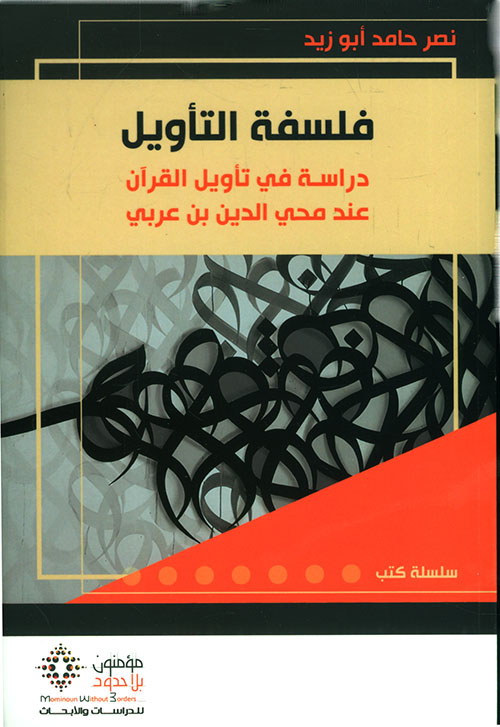
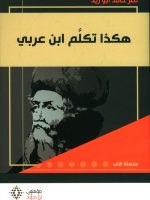
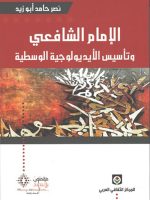
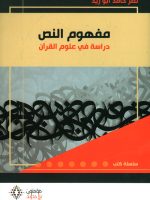
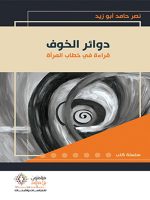

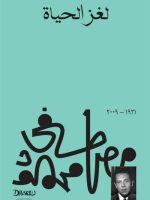

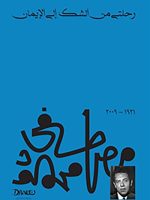
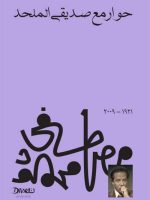
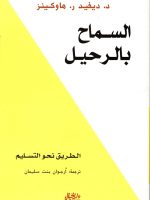

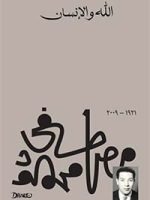
Be the first to review “Philosophy of Interpretation; A Study of the Interpretation of the Qur’an by Muhyiddin Ibn Arabi”